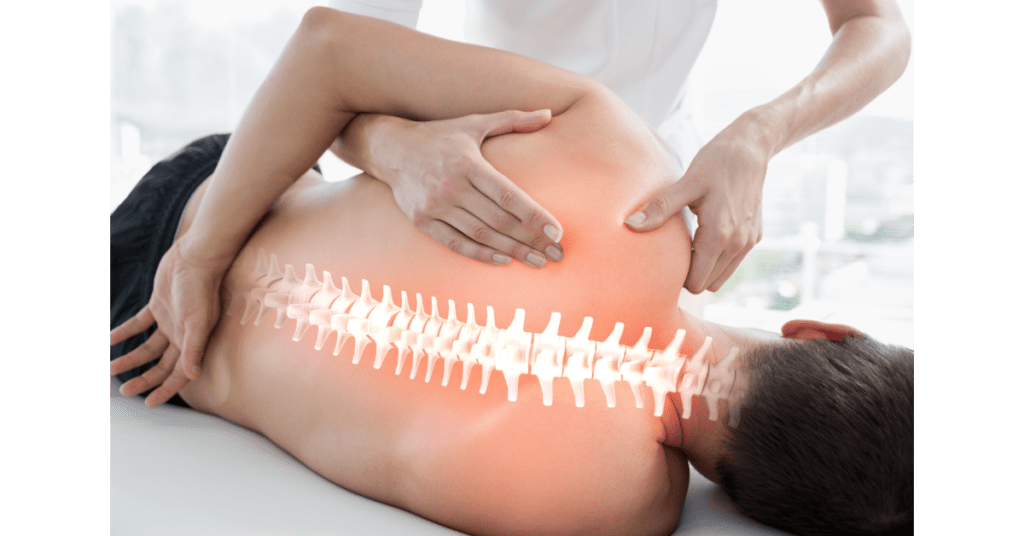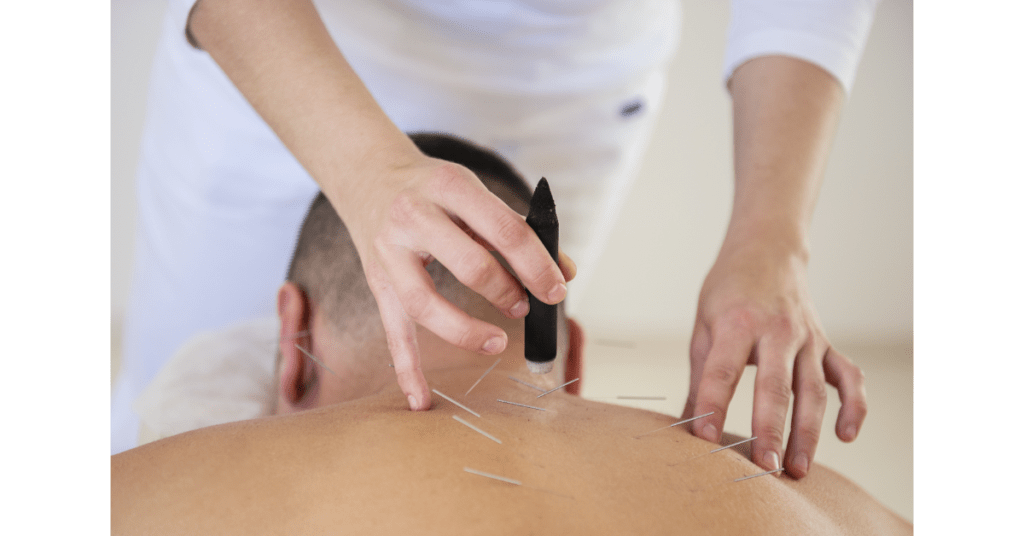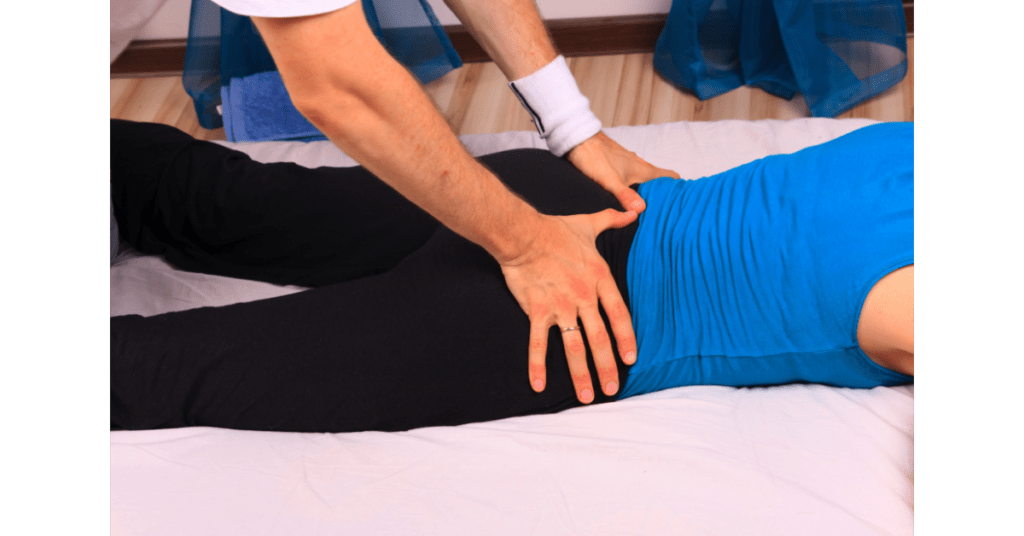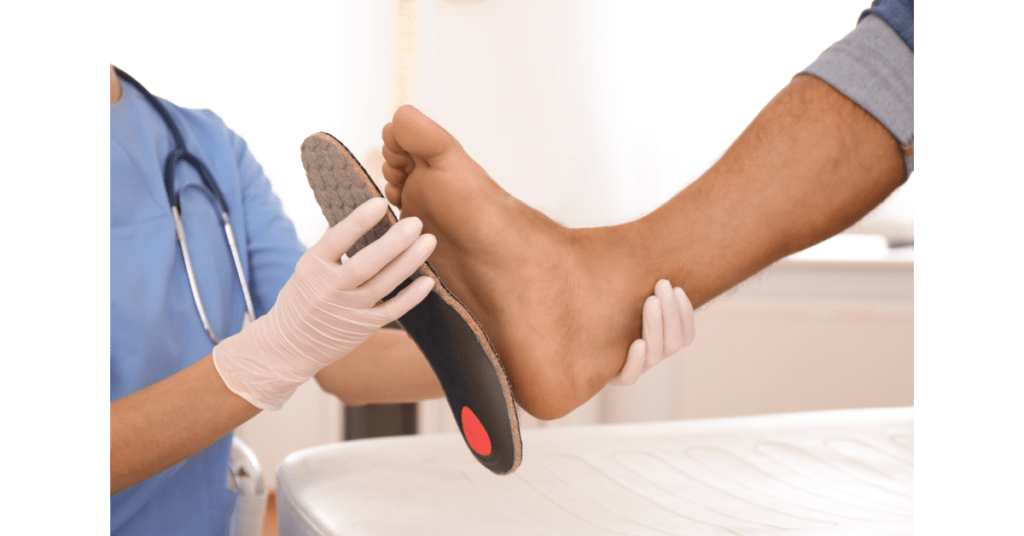What are Repetitive Strain Injuries (RSI)?

Repetitive strain injury (RSI) as the term indicates is a set of conditions affecting the tendons, tendon sheaths, muscles, nerves and joints caused by repetitive movements or tasks, vibrations and sometimes forceful exertion or awkward and sustained positions. This condition is also known as repetitive stress injury, repetitive motion injuries, repetitive motion disorder (RMD), cumulative trauma disorder (CTD), occupational overuse syndrome, overuse syndrome, regional musculoskeletal disorder, work-related musculoskeletal disorders (WRMSDs), work-related upper limb disorder, or non-specific upper limb pain.
Where Can You Get Repetitive Strain Injuries (RSI)?
Repetitive strain injuries can cause persistent, chronic or recurring pain in different parts of the body. However, the most common areas of the body susceptible to RSI include: Neck, Shoulders, Forearms, Biceps, Hands, Elbows and Wrists.
What Kinds of Repetitive Strain Injuries Can You Get?
Repetitive movements or tasks cause Repetitive stress injuries. For example, conditions like Bursitis Carpal, Tunnel Syndrome, Radial and Ulnar Tunnel Syndrome, Cubital Tunnel Syndrome, Tennis elbow (lateral epicondylitis), Golfer’s elbow (medial epicondylitis), Osgood-Schlatter disease, Runner’s knee (patellofemoral syndrome (PFPS)), Shin splints, Stress fractures, Tendonitis or Tendonosis, Trigger finger, Thoracic outlet syndrome and de Quervain’s Tenosynovitis.
What Causes Repetitive Strain Injuries?
Repetitive movements and the stress, forceful exertion or holding awkward positions for long periods can cause Repetitive strain injuries. Continuously repetitive tasks create microscopic tears in the body’s tissue faster than the body can heal. There are several such common activities and risk factors that cause RSI. For example, Texting or using a cell phone, working on the computer for a long period of time, Playing video games, Poor workstation ergonomics, Bad posture or staying in the same posture for long periods of time, Overuse of a muscle or muscles, Using vibrating equipment, Carrying or lifting heavy loads, Playing a musical instrument, Poorly fitted or improper sporting equipment, Playing sports (tennis, golf, running, or jogging) and Growth spurts (in children in teens).
What are the Signs and Symptoms of RSI?
Repetitive strain injuries are caused due to continuous damage to muscles, tendons, tendon sheaths, ligaments, nerves, or joints and exhibit a variety of symptoms: Persistent or recurring pain, Numbness, tingling or a loss of sensation, Pulsing or throbbing pain, Popping, clicking or cracking sensation or sound, Feeling stiff, achy or sore, Tenderness over a joint and Weakness, fatigue or a loss of strength.
Are you looking for physiotherapy or a Chiropractor? If Yes, then visit Simply Align Rehab Physio in Scarborough/Toronto or Woodbridge/Vaughan or you can always call or text us for your Physiotherapy or Chiropractor needs in Toronto at (416) 438-3230 or For Physiotherapy or Chiropractor need in Vaughan (Woodbridge) at (905) 638-9840.
How are Repetitive Strain Injuries Treated?
The treatment varies depending on the area affected and the exact condition of the affected area. It includes Medication, Heat or Ice Therapy, Splinting, Injections and Surgery. Anti-inflammatory medications such as aspirin, ibuprofen, muscle relaxants, or antidepressants are administered to reduce pain. Heat or Ice Therapy helps to Reduce swelling and ease pain. Splinting the affected area offers support and strength. Steroid injections are useful for some specific conditions. Surgery is of course a last resort and considered only when other treatments are unsuccessful.
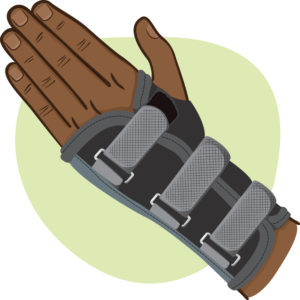
Physiotherapy or Physical therapy that includes Exercises, bracing, and manual therapy together with patient education can help in reducing stress on the affected area. Physiotherapy is a drug-free and non-invasive treatment for many repetitive stress injuries. Physiotherapy can also help in slowing down or stopping an injury from getting worse. Depending on the condition and the severity, physiotherapy varies. It includes Strengthening exercises, Manual therapy, Therapeutic ultrasound, Heat therapy, Splinting or bracing, Patient education as well as Ergonomic workstation assessment and activity modification. At our clinic we have notice by using Simply Align Technique which includes advanced physical modalities, activity modification and specific exercises we have faster, longer lasting results with reduced healing time.
In the video below you can see our use of Tecar therapy getting this patient better faster with her RSI. This technology is available at both of our clinics in Toronto (Scarborough) and Vaughan (Woodbridge).
Can Repetitive Strain Injuries Go Away On Their Own?
No, repetitive strain injuries are unlikely to go away on their own without proper rest or change in the way you perform tasks. In some cases, taking frequent breaks or rest can reduce the symptoms.
Can You Prevent Repetitive Strain Injuries?
Steps can be taken to minimize the risk of developing Repetitive Strain injuries, by modifying the activities to reduce the symptoms, stress and speed healing. However, there is no guarantee that Repetitive Strain injuries can be prevented. Here are some prevention tips that can be tried. Take frequent breaks. If you sit all day, make sure you take enough short breaks to stand and walk around. Give Rest to your eyes. Reduce eye strain by staring at an object in the distance intermittently. Try to maintain a healthy lifestyle. Exercise regularly, eat well, and avoid smoking. Make sure your workstation is ergonomically aligned. Practice good posture. Sit up or stand straight with your head aligned to your pelvis.
